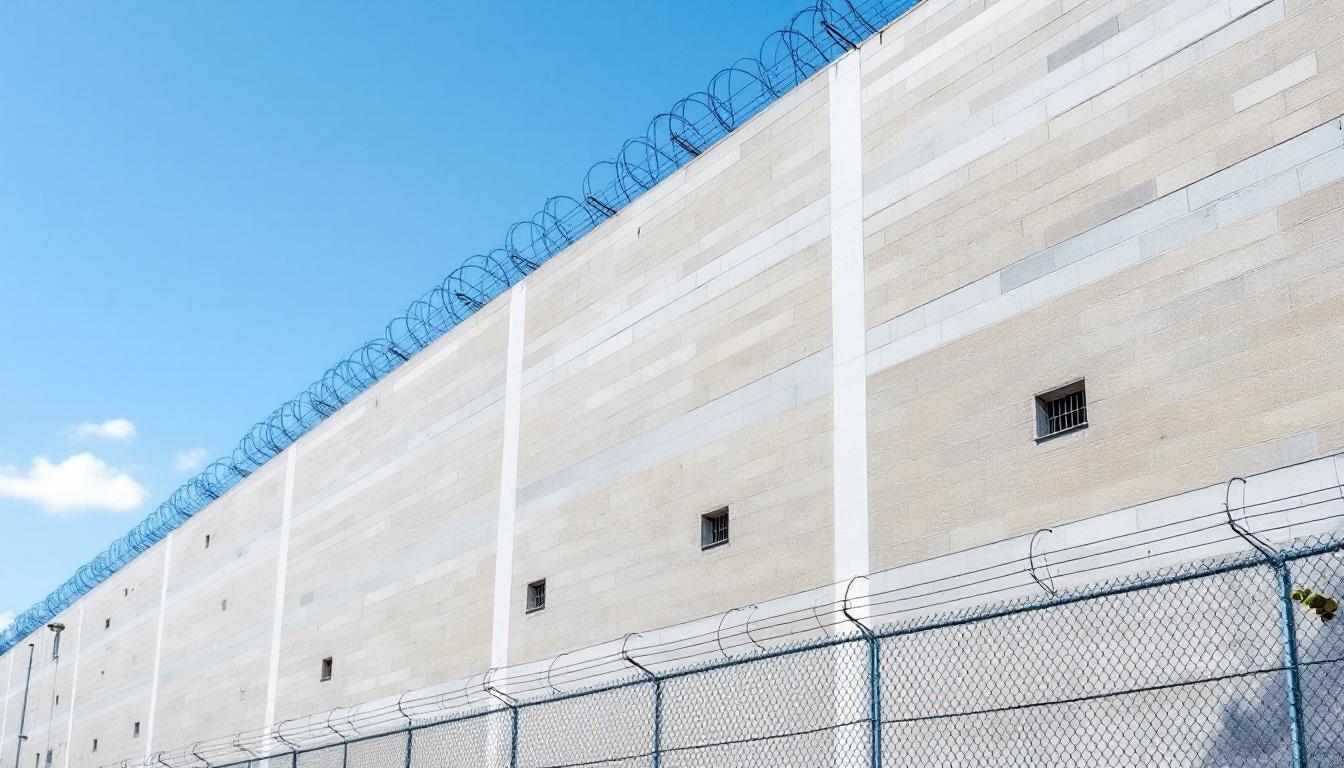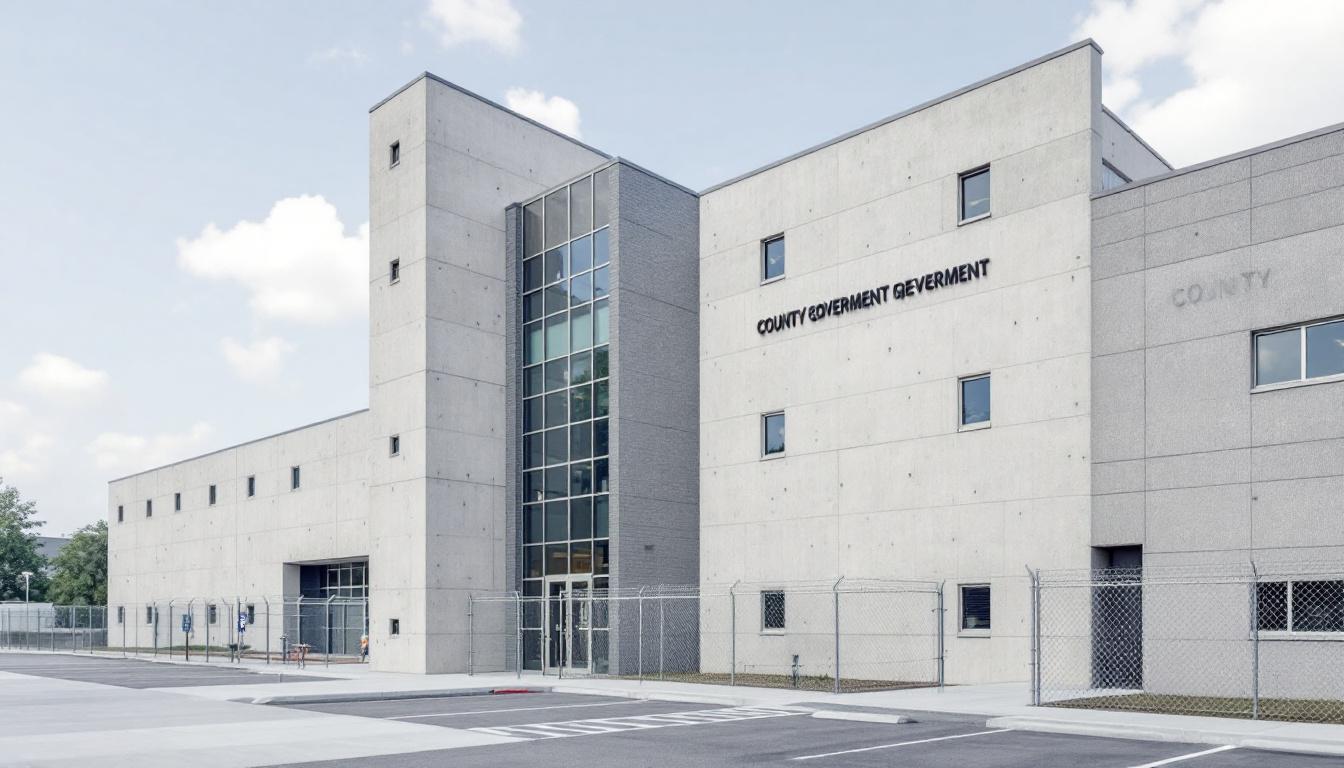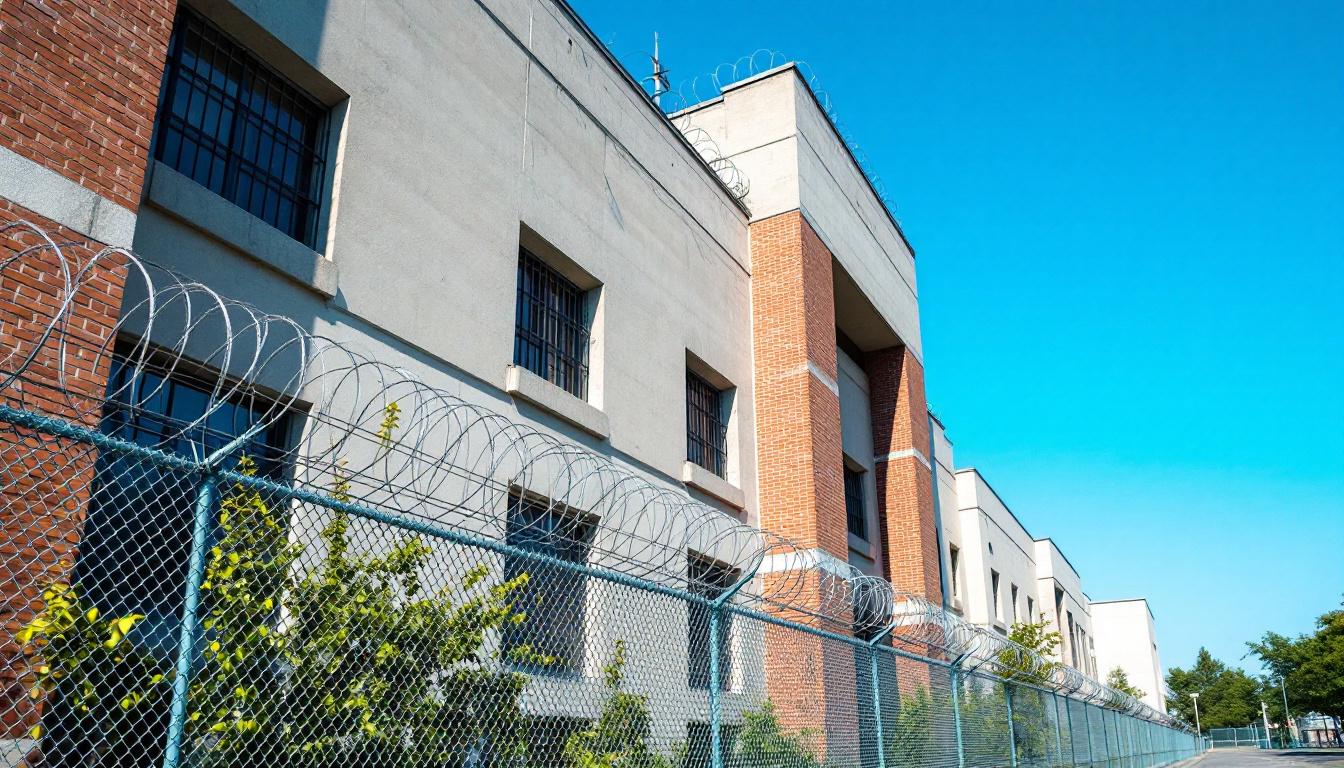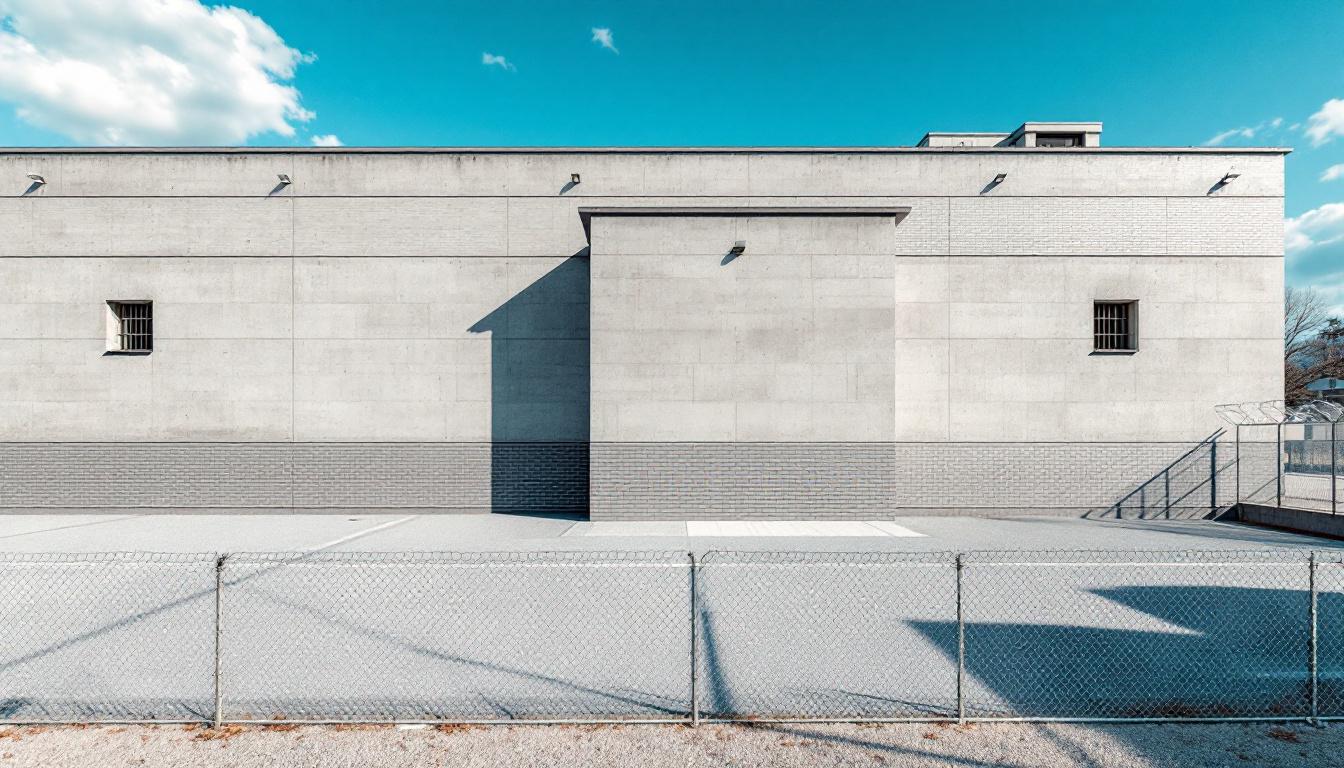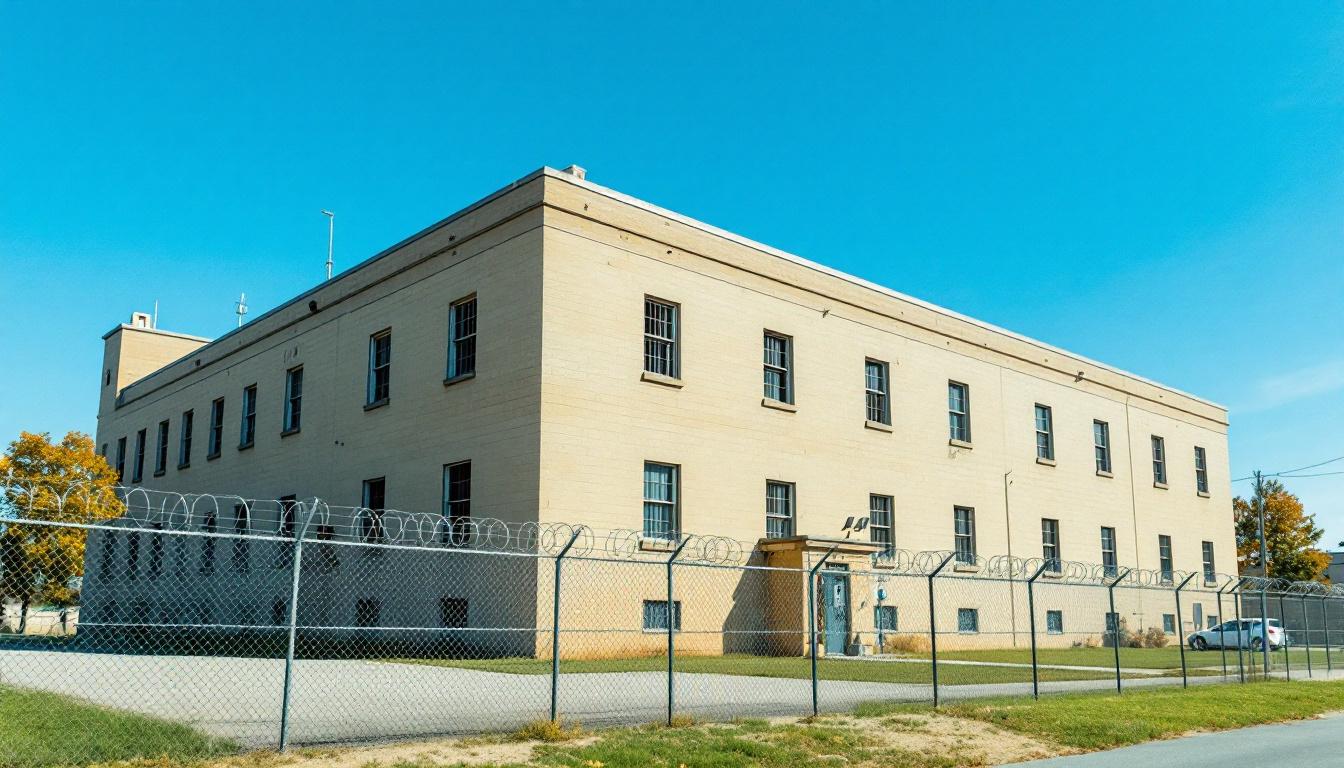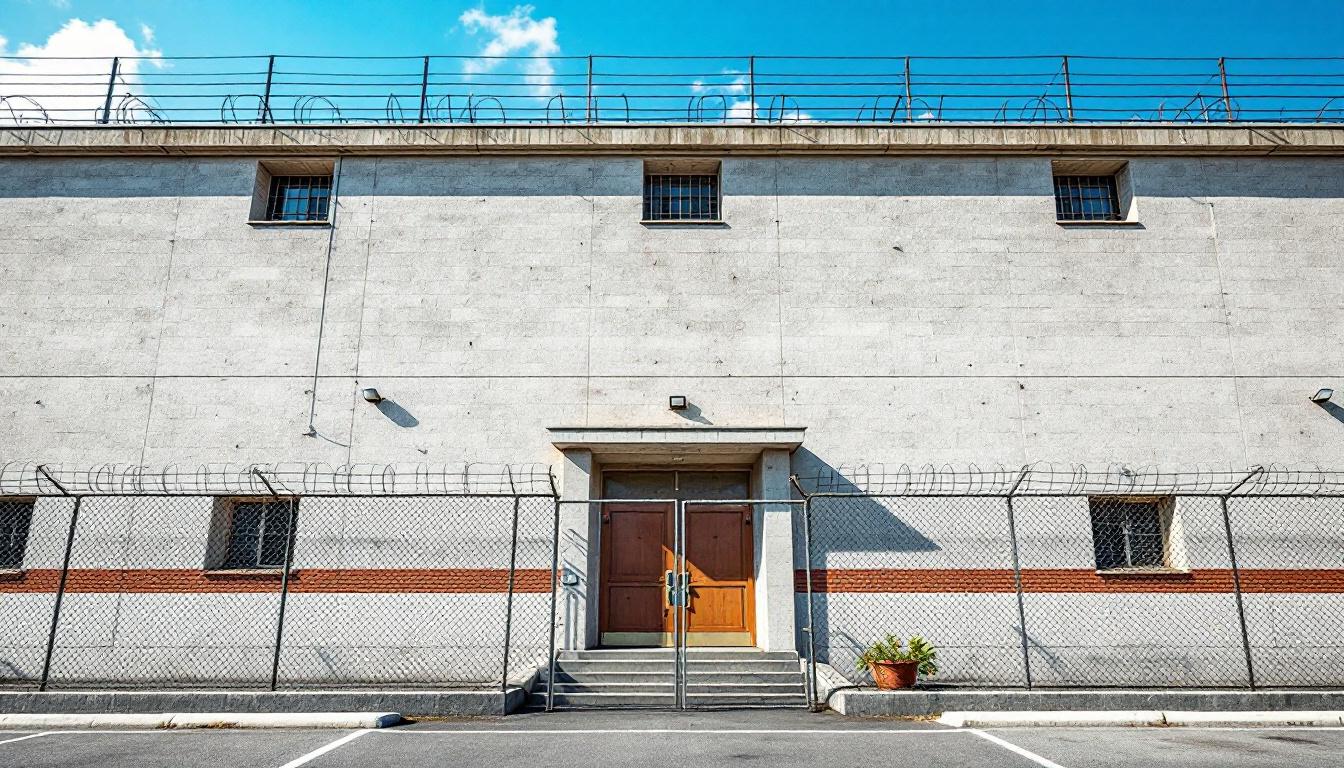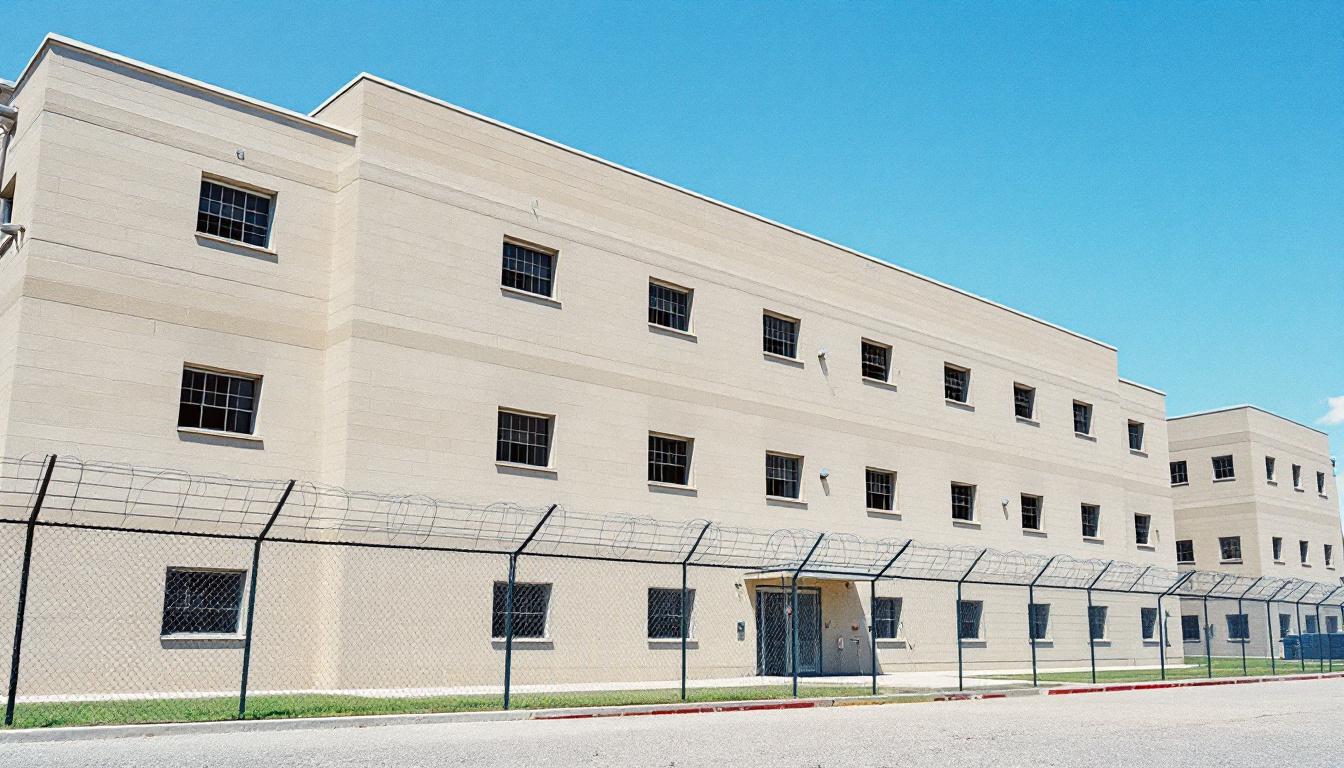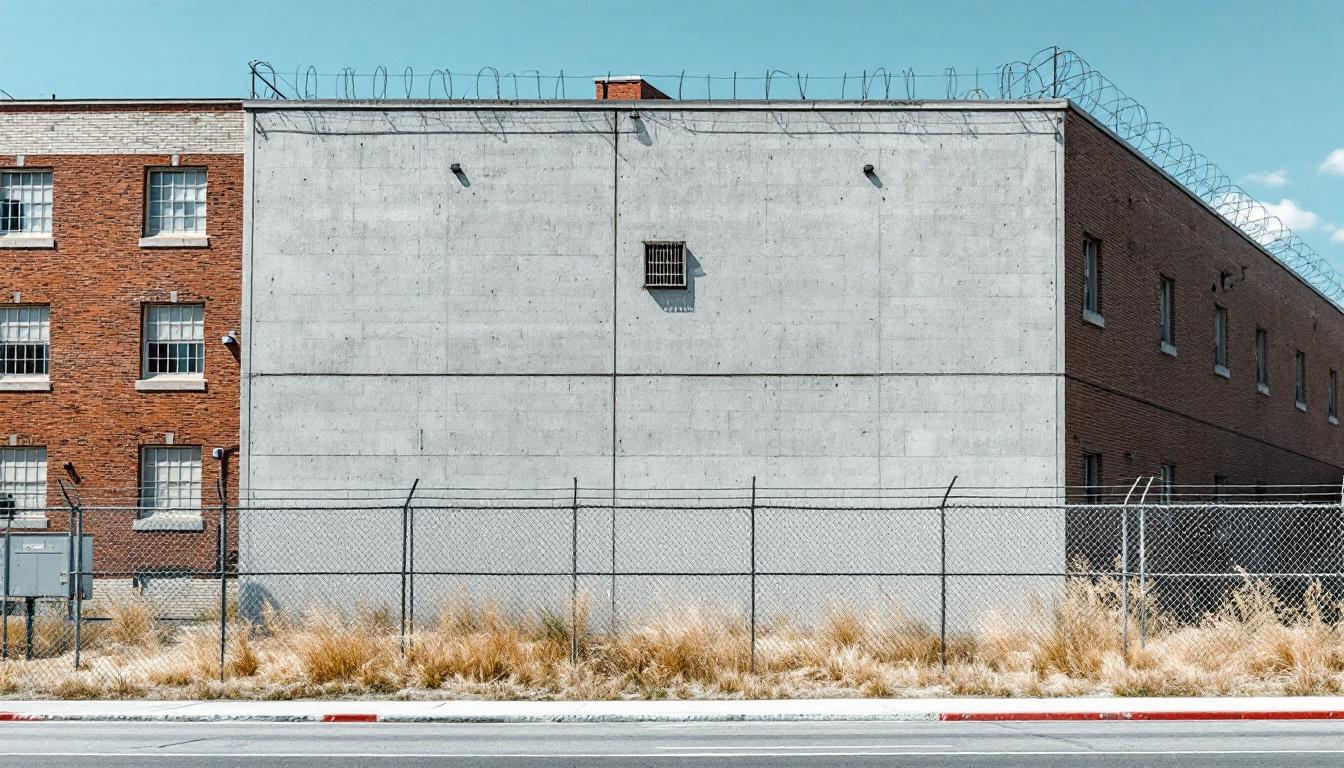
Quick Navigation
How to contact an inmate at Irving Police Department
This comprehensive guide will walk you through how to connect with an inmate at Irving Police Department. Follow the steps below to find an inmate and send letters and photos:
- Search for the inmate using our search tool below
- Create your account or log in to Penmate
- Write your message (up to 6,000 characters)
- Send instantly - inmates receive printed copies daily
Find an Inmate
Search for an inmate to start communicating today
Tip: You can search by first name, last name, or inmate ID number
To contact a person at Irving Police Department start by searching for the person on the official facility website. Perform a search by following these steps:
- Step 1: Enter their first name and last name into the search form and click "Search"
- Step 2: Locate their inmate record
- Step 3: Write down their Inmate ID and any housing information provided
Important! Be sure to enter the person's full name. Nicknames should not be used.
How to Send Messages to Inmates

You can use your phone or computer to send emails, letters, and photos to an inmate. Messages are sent electronically to inmate tablets or kiosks at the facility. If you would like to send a message, start by searching for an inmate at Irving Police Department.
Sending Photos and Postcards

A great way to send love and support to a loved one at Irving Police Department is to send photos and postcards. It only takes a few minutes to send photos from your phone and it makes a huge difference. You can also mail postcards with words of support and inspiration, or design your own postcard for special moments like birthdays and holidays.
Important! Be sure not to send any explicit photos or they may not be approved by the facility. You can also use a photo printing app like Penmate to make sure your photos are printed at the correct size (4x6 or 3x5) and are mailed according to the rules and regulations of Irving Police Department.
Frequently asked questions about Irving Police Department
-
How long does it take to deliver a message?
If you're sending an email message your letter is usually delivered within 24-48 hours. For messages sent via mail you should expect delivery within 3-7 days. All messages will need be approved by Irving Police Department.
-
How much does it cost to send a message to Irving Police Department?
You can send a message free using your phone or mail a message via USPS for the price of a $0.60 stamp and envelope. You can also purchase credits or e-stamps from services starting at $1.99.
-
What services can I use to contact an inmate at Irving Police Department?
Penmate
You can use Penmate to send letters and photos to an inmate from your phone. It's an easy way to stay in touch during your loved one's incarceration. Use the inmate locator to find an inmate's location and contact information, then you can send messages within a few minutes.
Securus messaging
Securus may be another option for communicating with an inmate at Irving Police Department. You can create a friends and family account and purchase credits to send messages. All messages will be reviewed and must be approved by the facility.
JPay
Some county jails and state prisons may support sending messages with JPay. You must register an account with the system, find your loved one, and purchase stamps to send messages. For some locations you can also attach photos.
Smart Jail Mail
You may also check if Smart Jail Mail is available at Irving Police Department. Smart Jail Mail is operated by Smart Communications and has contracted with some state and county jails. After purchasing credits, your messages and photos are sent to the facility, printed out, and then handed out to your loved one.
-
What is the mailing address of Irving Police Department?
Mailing address:
Irving Police Department
305 N O'Connor Rd
Irving, TX 75061
Phone: (972) 273-1010Business hours:
- Monday: Open 24 hours
- Tuesday: Open 24 hours
- Wednesday: Open 24 hours
- Thursday: Open 24 hours
- Friday: Open 24 hours
- Saturday: Open 24 hours
- Sunday: Open 24 hours
-
What are the visiting hours at Irving Police Department?
Visiting hours at Irving Police Department vary by housing unit and security level. Generally, visits are scheduled on weekends and holidays, with some facilities offering weekday visits. Contact the facility directly at (972) 273-1010 or check their website for the current visiting schedule. Visits typically last 30-60 minutes and must be scheduled in advance.
-
What items are prohibited when sending mail to Irving Police Department?
Prohibited items typically include: cash, personal checks, stamps, stickers, glitter, glue, tape, staples, paperclips, polaroid photos, musical or blank greeting cards, hardcover books, magazines with staples, and any items containing metal or electronics. Only send letters on plain white paper with blue or black ink. Photos must be printed on regular photo paper (no Polaroids). Always check with Irving Police Department for their specific mail policies.
-
How do I send money to an inmate at Irving Police Department?
You can send money to an inmate at Irving Police Department through several methods: 1) Online using JPay, Access Corrections, or the facility's approved vendor, 2) Money orders mailed directly to the facility with the inmate's name and ID number, 3) Kiosks located in the facility lobby, or 4) Over the phone using a credit or debit card. Fees vary by method, typically ranging from $2.95 to $11.95 per transaction.
-
Can I schedule a video visit with an inmate at Irving Police Department?
Many facilities now offer video visitation as an alternative to in-person visits. At Irving Police Department, video visits may be available through services like Penmate, Securus Video Connect, GTL, or ICSolutions. Video visits typically cost $10-20 for 20-30 minutes and must be scheduled in advance. You'll need a computer or smartphone with a camera and reliable internet connection. Contact the facility for their specific video visitation policies and approved vendors.
-
What identification do I need to visit an inmate at Irving Police Department?
All visitors must present valid government-issued photo identification such as a driver's license, state ID, passport, or military ID. Minors must be accompanied by a parent or legal guardian who can provide the minor's birth certificate. Some facilities require visitors to be on the inmate's approved visitation list, which may require a background check. Contact Irving Police Department for specific ID requirements and visitor approval procedures.
-
How can I find out an inmate's release date?
To find an inmate's release date at Irving Police Department, you can: 1) Use the online inmate search tool if available, 2) Call the facility's records department, 3) Contact the inmate's case manager or counselor, or 4) Have the inmate provide this information during a call or visit. For privacy reasons, some facilities only release this information to immediate family members.
Facility Overview
Contact Information
Irving Police Department305 N O'Connor Rd
Irving, TX 75061
Phone: (972) 273-1010
Official Website

About Irving Police Department
Within the broader framework of Texas correctional infrastructure, specialized detention facilities serve as critical components in maintaining public safety while addressing the complex needs of individuals within the justice system. The Irving Police Department, TX operates a correctional facility that functions as an integral part of Dallas County's law enforcement network, typically managing individuals during various stages of the legal process. This TX correctional facility operates within the densely populated Dallas metropolitan area, where the population services extend beyond simple detention to encompass a comprehensive approach to justice administration.
The facility generally maintains alignment with Texas Department of Criminal Justice standards while serving the specific jurisdictional needs of Irving and surrounding communities. Daily operations typically include intake processing, court coordination, and basic rehabilitative programming designed to support eventual community reintegration. Staff members often work collaboratively with county courts, probation services, and social service agencies to ensure continuity of care throughout an individual's involvement with the correctional system. The facility may offer educational opportunities, substance abuse counseling, and vocational training programs that reflect Texas's broader commitment to reducing recidivism through evidence-based rehabilitation practices.
Geographic positioning within the Dallas region allows this correctional facility to serve as a vital link between local law enforcement activities and the state's comprehensive correctional goals. The facility typically coordinates with regional mental health providers, educational institutions, and workforce development agencies to create pathways for successful reentry into Dallas-area communities. Through these collaborative efforts, the institution generally supports family reunification initiatives and community-based supervision programs that recognize the importance of maintaining social connections during incarceration periods.
Programs & Services
Through carefully structured programming initiatives, the Irving Police Department typically focuses on providing comprehensive support services that address the diverse needs of the population. The facility's approach emphasizes skill development and personal growth through evidence-based programs designed to promote successful community reintegration. These initiatives often include a range of educational, vocational, and therapeutic services that may supply participants with essential tools for building productive futures.
Educational opportunities form a cornerstone of the supportive services available to the population. High school diploma programs typically provide participants with the chance to complete their secondary education through structured coursework and individualized instruction. Also available are vocational training programs that may offer hands-on experience in practical trades, including automotive repair training that teaches valuable mechanical skills. These educational initiatives often emphasize both academic achievement and practical skill acquisition to enhance employment prospects upon release.
Work programs typically provide the population with structured daily activities while developing essential job skills and work habits. Faith-based initiatives may supply additional support through spiritual guidance and community connections that often prove valuable during the reintegration process. These supportive services typically focus on addressing underlying issues while building positive relationships and coping strategies. The combination of educational, vocational, and therapeutic programming creates a comprehensive approach that may assist participants in developing the tools necessary for successful community reentry and family reunification.
Daily Life & Visitation

Structured protocols and clear organizational frameworks shape every aspect of the experience for the population housed at the Irving Police Department facility. The facility currently operates under established routines that provide predictability and order throughout each day. Morning procedures typically begin early, with structured count times and meal service that continues through designated periods. Security protocols generally guide movement between areas, while staff supervision ensures adherence to facility guidelines.
Living accommodations at the facility typically feature basic housing arrangements designed for temporary stays. The population generally occupies holding areas or cells that provide essential amenities for short-term detention. Personal property allowances are usually limited to necessary items, though the facility may offer basic commissary services for approved purchases. Housing assignments often depend on classification levels and available space, with staff regularly monitoring conditions to maintain safety and security standards.
Also important to daily structure are the communication options available to help maintain family connections. Visitation policies typically allow for scheduled contact with approved visitors, though specific procedures may vary based on security requirements. The facility generally provides telephone access during designated hours, enabling the population to stay in touch with loved ones and legal representatives. However, recreational opportunities may be limited due to the facility's primary function as a detention center, with activities that supply structure often focused on basic physical exercise when space and staffing permit. Work assignments, when available, usually involve facility maintenance tasks that help maintain daily operations while providing purposeful activity for the population.
Ready to Connect?
Start communicating with your loved one today
Search for an Inmate
